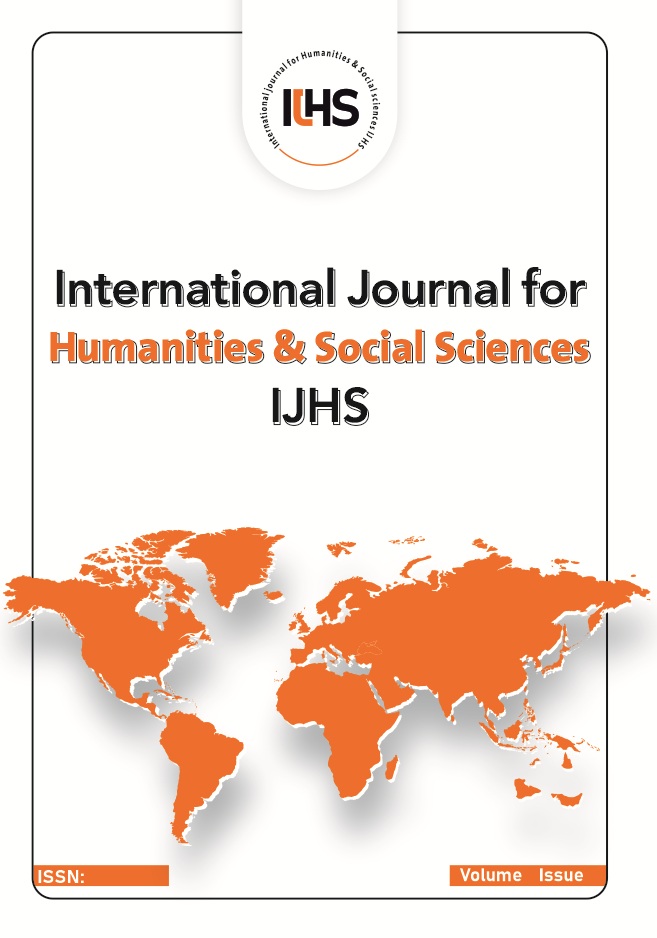Study of political developments in democratic, communist and dictatorial systems and their impact on power, governance and human rights
Main Article Content
Abstract
In the current era, the world is experiencing profound political and economic shifts, marking a departure from the norms that dominated the pre-industrial period. Notably, the dissolution of feudal and communal systems, which were emblematic of an economy rooted in pastoral ideologies, has been underway since the French Revolution. This transformative period has not only reshaped global dynamics but also led to the reconstitution of modern state structures within the context of institutional states. This research delves into the evolving patterns of political changes and their economic repercussions in the contemporary global landscape. Our study aims to decipher the dynamics of international transformations within the global political arena and explore their interconnections with the emerging world order. Furthermore, we have endeavored to trace the philosophical political roots that underpinned these economic systems, examining their genesis and subsequent influence on political developments across various regimes, with a particular focus on implications for human rights. An analytical methodology underpins our examination of these political transformations. Central to our inquiry is the following pivotal question: What is the impact of developments in political and economic systems in the contemporary world on authority, governance, and human rights? To address this question, we deemed it necessary to discuss three topics related to political transformation, presenting an analysis for each of the following axes:
1-Circumstances and history of modern political transformations. 2-Modern political demands, compared to advanced political aspirations. 3-Human rights, between liberal propaganda and democracy.
Our findings reveal that political variables have undergone substantial changes that significantly influence political ideologies, the conceptualization of authority, and human rights considerations. Among these influential factors are: Globalization and Technology: Technological advancements and the expansion of global communications via the Internet have opened new avenues for political discourse and interaction. This development transcends local boundaries, positioning politics as a globally interconnected phenomenon. Social and Cultural Transformations: There has been a significant shift in social and cultural paradigms, particularly in the heightened awareness of human rights. This shift has broadened the scope of political thought and necessitated the integration of these issues into both national and international political dialogues. Economic Transformations: The evolution of economic structures, spurred by technological progress and globalization, has profound implications for political theories concerning the equitable distribution of wealth, economic opportunities, poverty alleviation, and addressing economic disparities.
Article Details

This work is licensed under a Creative Commons Attribution 4.0 International License.
International Journal for Humanities and Social Sciences (IJHS) is licensed under the http://creativecommons.org/licenses/by/4.0, which allows users to copy, create extracts, abstracts, and new works from the article, alter and revise the article, and make commercial use of the article (including reuse and/or resale of the article by commercial entities), provided the user gives appropriate credit (with a link to the formal publication through the relevant DOI), provides a link to the license, indicates if changes were made, and the licensor is not represented as endorsing the use made of the work. The authors hold the copyright for their published work on the IJHS website, while IJHS is responsible for appreciate citation of their work, which is released under http://creativecommons.org/licenses/by/4.0, enabling the unrestricted use, distribution, and reproduction of an article in any medium, provided that the original work is properly cited.

